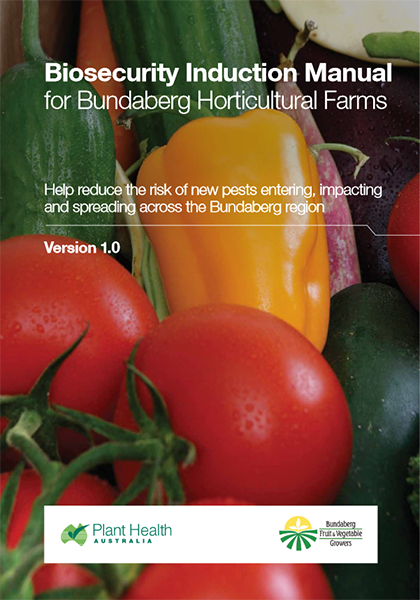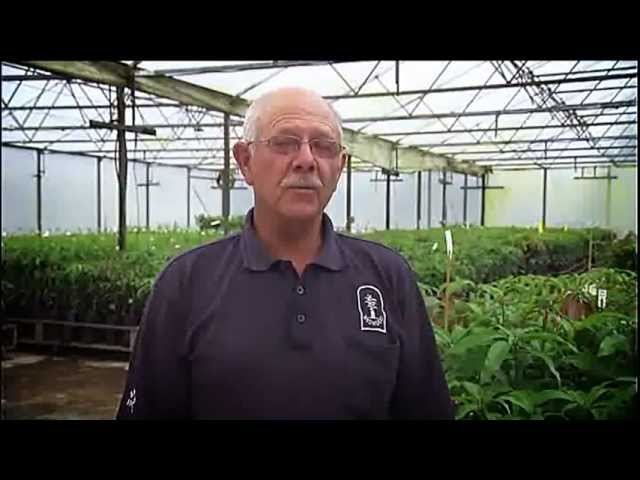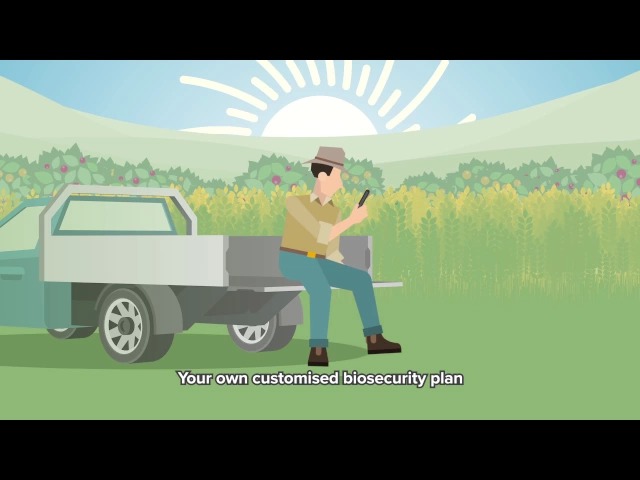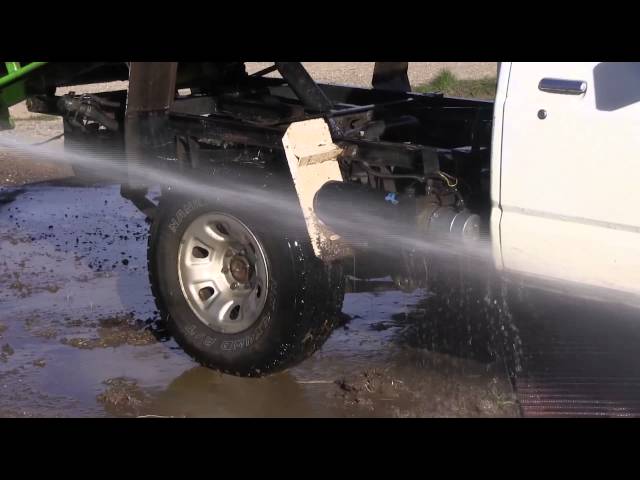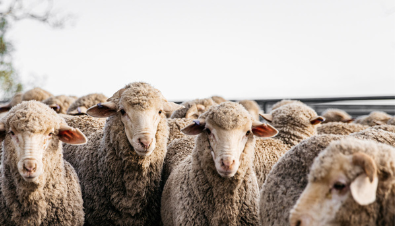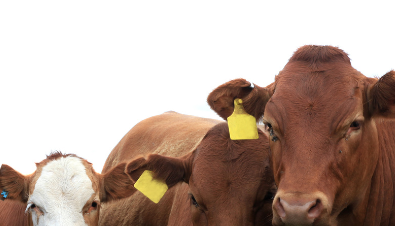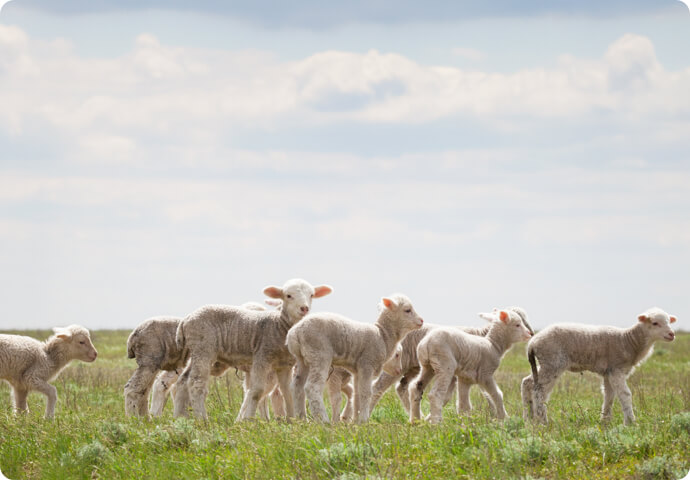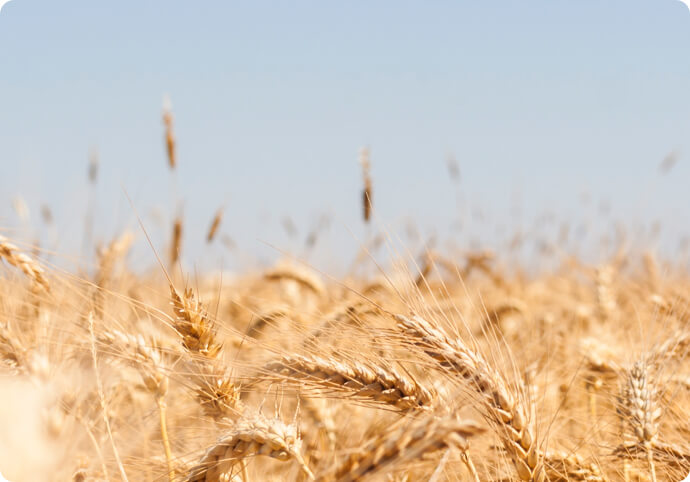You have an important role to play in protecting your farm and the entire vegetable industry from biosecurity threats.
Biosecurity information for vegetable growers is included in two documents: the Farm Biosecurity Manual for the Northern Adelaide Plains Vegetable Growers and the Biosecurity Induction Manual for Bundaberg Horticultural Farms.
These documents outline the recommended on farm biosecurity practices that aim to reduce the risks from pests. Other resources for vegetable producers are also listed below. The vegetable industry section also includes information about specific pests and management practices.
Hive biosecurity is also important to some vegetable crops. The Biosecurity Manual for Beekeepers contains information to protect the health of honey bees and maintain production levels of vegetables dependent on fertilisation.
Farm biosecurity
By implementing the recommended measures in your day-to-day operations, you will enhance your biosecurity and that of your region, while minimising productivity losses and unnecessary costs. Here are six simple things you can do to reduce the threat of new pests entering and establishing on your farm.
1. Be aware of biosecurity threats
Make sure you, your farm workers and contractors are familiar with the most important vegetable pest threats. Conduct a biosecurity induction session on your farm to explain hygiene practices for workers, equipment and vehicles. More
2. Use quality, pest-free propagation material from known sources
Ensure all propagation material (seed, transplants, tubers, corms, bulbs, rhizomes, etc.) and farm inputs are fully tested and pest free. Keep records (batch numbers, source) and retain a sample of your farm inputs. More
3. Keep it clean
Practicing good sanitation and hygiene will help prevent the entry and movement of pests onto your property. Workers, visitors, vehicles and equipment can spread pests, so make sure they are decontaminated before they enter and leave your farm. More
4. Check your crop
Monitor your crops frequently. Knowing the usual crop appearance will help you recognise new or unusual pests or plant symptoms. Keep written and photographic records of all unusual observations. Constant vigilance is vital for early detection of any exotic plant pest. More
5. Abide by the law
Support and be aware of laws and regulations established to protect the vegetable industry and other horticultural industries in your region.
6. Report anything unusual
If you suspect a new pest – report it to the Exotic Plant Pest Hotline 1800 084 881.
More information
To ensure your property has the best protection against the introduction and spread of new pests, identify the strengths and weaknesses of your biosecurity activities through some self-assessment questions.
Once identified, a few simple, non-costly and practical procedures can be implemented to strengthen areas of greatest risk.
While changing everyday practices can take more effort in the short term, these will become second nature with time and are easier and cheaper than dealing with the introduction of a new pest.

